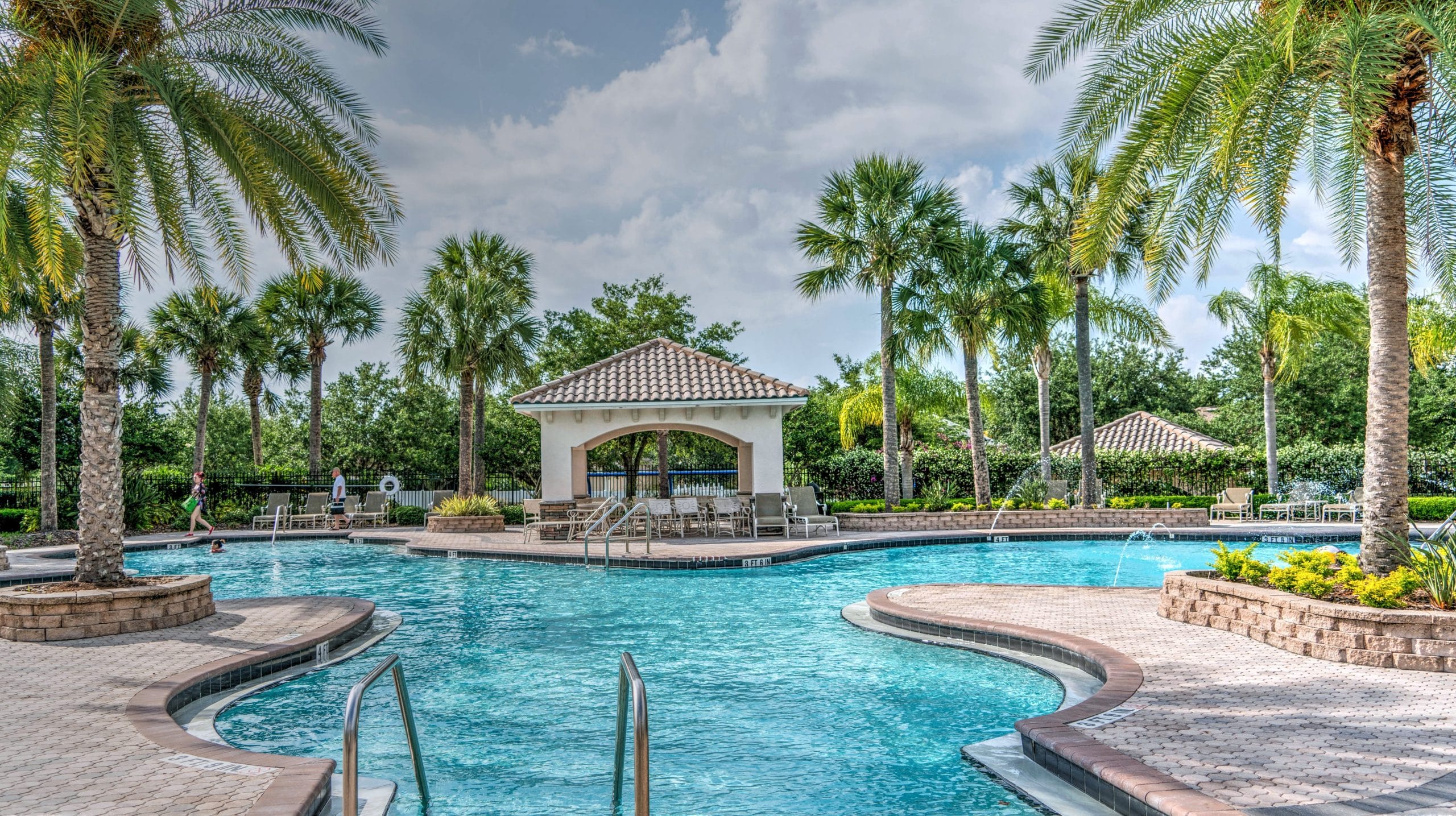• Under premises liability law in Texas, there are there levels of duty of care owed to individuals on a property.
• Most folks on a commercial real estate property are going to be invitees, owed the highest level of care.
• As a result, it is important for commercial real estate owners to take proactive steps to minimize their risk.
I hate swimming pools. Not personally. I’m not a monster. I just hate when my clients have them. Everytime I go to a multifamily property and see a swimming pool, I want to fill it in immediately. The lawyers out there reading this will understand. It feels like the entire first year of law school is spent talking about what a giant liability swimming pools are. It scarred me and I’ve never gotten over it.
But I get it. Tenants want it – especially in Texas. So that is why I have to talk to my clients about the potential liability of they have when they own property. Like anything in the law, premises liability – what this area of the law is called – can be nuanced and vary depending on the type of property and your legal classification as an owner or occupier. Its extremely important, therefore, for property owners to understand their rights and responsibilities. By doing so, you can better manage your risk and mitigate the potential for costly lawsuits. So lets talk about it.
Understanding a Property Owner’s Duty of Care
First thing to understand is a property owner has a duty of care to ensure the safety of individuals on their property. The level of care owed, however, varies based on the visitor’s classification:
• Invitees: Individuals expressly or impliedly invited onto the property, such as tenants, customers, or invited guests. Owners owe the highest duty of care to invitees, which includes inspecting the premises for hazards, correcting them promptly, and warning invitees of known dangers.
• Licensees: Individuals lawfully on the property but not at the owner’s express or implied invitation, like social guests or delivery personnel. Owners owe a lesser duty to licensees, primarily involving refraining from creating hidden dangers or intentionally harming them.
• Trespassers: Individuals unlawfully on the property, with no permission or invitation. Owners generally owe no duty of care to trespassers, except to avoid willful or wanton misconduct. And they are generally not liable for injuries that occur on the property.
What does this Mean for Property Owners?
So now that we know there are different levels of care, what does it all mean for commercial real estate owners? Let’s look at some specific asset types and talk about them.
- Multifamily Housing:
The most likely place that all of this will be relevant is in a community’s common areas. This includes the lobbies, walkways, pools, playgrounds, etc. Landlords hold significant responsibility for the safety for these areas because the people who will populate them are likely invitees. As a result, having regular inspections, proper maintenance, and addressing reported hazards promptly are crucial to avoid liability.
And while it may seem strange, inside the units, the level of care doesn’t really change. Because the tenants are still invitees. The difference, of course, is that a tenant’s own negligence may play a role in an injury. So that could reduce the amount of the landlord’s liability.
- Retail Properties:
In retail properties, once again people are often invitees that require the highest duty of care. This is why its so important to be careful and try to avoid any slip and fall hazards on the property, including but not limited to wet floors, uneven surfaces, and poorly maintained walkways. These are all common culprits in slip and fall accidents. Regular cleaning, addressing spills promptly, and ensuring proper drainage are paramount.
Store owners also have a responsibility to ensure products are displayed safely and securely, promptly remove damaged items, and address potential hazards like falling merchandise.
Finally, obviously while not always preventable, taking reasonable security measures to limit criminal activity like security cameras and adequate lighting can help mitigate liability concerns.
- Office Buildings:
Similar to multifamily common areas, owners or management companies are responsible for the safety of shared spaces like lobbies, restrooms, and parking garages. These are areas that are often populated by invitees that require the highest duty of care.
Proactive Measures can Help Minimize Risk
So knowing that, as a commercial real estate owner, you often owe people on your property the highest duty of care, how can you minimize your risk? Some of these proactive easures may help.
• Regular Inspections and Maintenance: Implement routine inspections of your property to identify and address potential hazards promptly. Document these inspections and maintenance records diligently.
• Clear Signage and Warnings: Post clear warnings about potential dangers, like wet floors or construction zones, and ensure adequate lighting in these areas.
• Tenant and Employee Training: Educate tenants and employees about safety protocols and their role in identifying and reporting potential hazards.
• Insurance Coverage: Ensure you have adequate liability insurance coverage to protect yourself in case of unforeseen incidents.
Its important to note, none of the suggestions above are going to eliminate your risk completely. And these is definitely not an exhaustive list. But implementing some of these and understanding your duty can help. And, of course, hiring a great lawyer.



